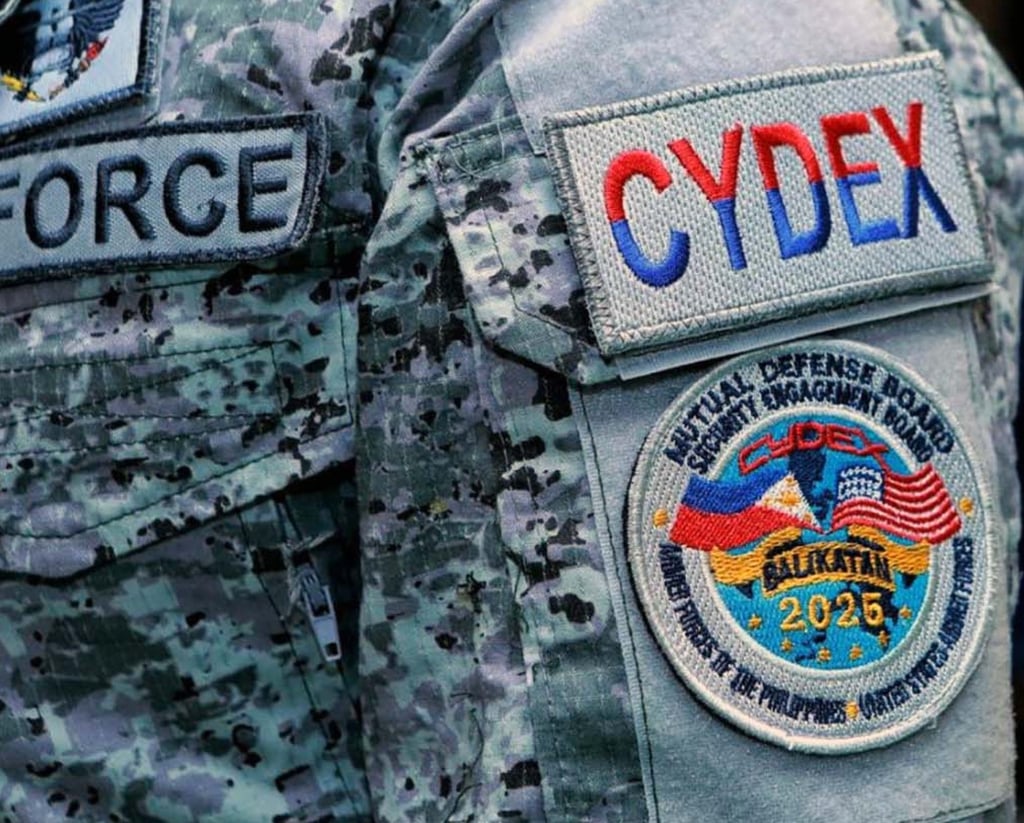The United States and the Philippines are preparing to hardwire advanced cyber operations into the heart of their annual war games, signalling a shift from merely talking about digital threats to practising how to fight through them.
Jennifer Schmidt, head of the US embassy’s information and communications technology unit, said specialised training ranges and sophisticated threat-emulation software would be incorporated into next year’s Balikatan drills so troops could rehearse defending networks and critical systems under fire.
She described cyber cooperation as an emerging “central pillar” of the US-Philippines alliance, on a par with maritime and air defence.
The goal was to bake cyber defence into all levels of government and develop “a deeper, more resilient technical partnership” that linked battlefield interoperability with the protection of national infrastructure, Schmidt told the 2025 Pilipinas Conference in Makati City last Thursday.

Manila has sought to improve its cyber capabilities in recent years with the creation of the Philippine military’s “cyber command” and its National Cybersecurity Plan 2023–2028. But though these and other reforms signal political will, analysts say a steep learning curve remains.
The shift from “ad hoc workshops” towards making cyber a central pillar of the US-Philippines alliance “should imply sustained funding, permanent dialogue channels” and its integration into joint drills, said Arnaud Leveau, a geopolitics professor at Paris Dauphine University.
“This is also a response to ‘grey-zone’ pressure from China at sea and in the information space,” he said.
‘Future confrontation’
The United States, Japan and Australia have all rolled out new initiatives to help build Philippine cyber capacity, from training programmes and technical exchanges to frameworks for protecting critical infrastructure.
Yet Manila’s cyber defences remain fragmented and comparatively underresourced. Civilian networks rely on the Department of Information and Communications Technology’s Cybersecurity Bureau and the National Computer Emergency Response Team, while the military has its newly established cyber command.
Banks and critical private operators are also building their own cyber teams, but “coordination with the government is still a work in progress”, according to Leveau.
In May, Manila and Canberra agreed to deepen cooperation on cybersecurity and cyber defence, including through Australia’s “Defend Forward” strategy and potential capacity building.
